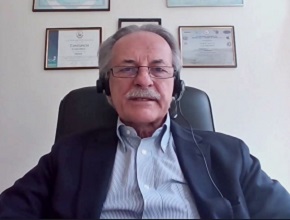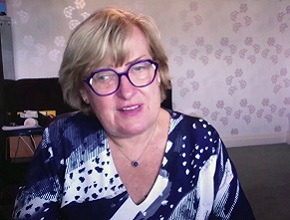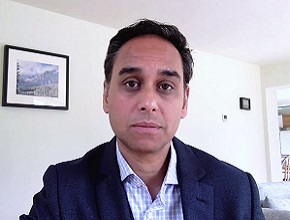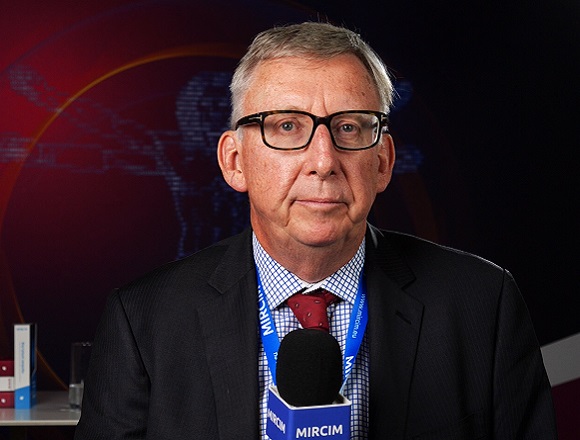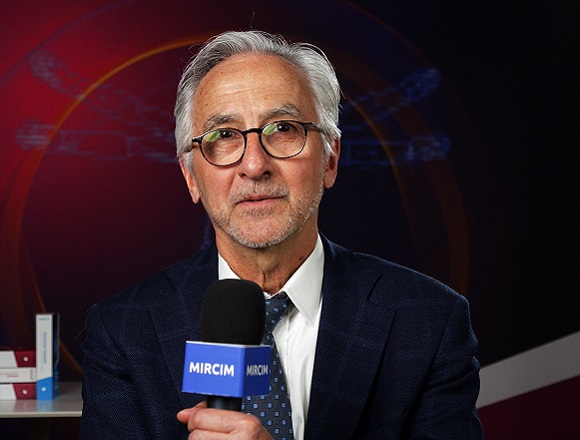Paul M. O’Byrne, MB, is a professor of medicine and dean and vice-president of the Faculty of Health Sciences at McMaster University.
Which patients with asthma should be offered biologic treatment?
Biologic treatments should be offered, at the moment, to patients considered to have severe asthma. And these are patients who are already on the highest available maintenance treatments with combination therapy—inhaled corticosteroids (ICS)/long-acting beta-agonists (LABAs)—and most of these patients will also be on long-acting antimuscarinics (LAMAs). So they will be on three inhaled medications but still have poorly controlled disease, being manifest by regular symptoms, low lung function, and particularly by a very high risk of severe exacerbations.
These patients are often eosinophilic, they often have what’s now called T2-high asthma, and all of the current biologics have been shown to provide benefit in such patients. The problem has been until fairly recently that a proportion of these patients—it’s difficult to be precise how many but maybe 20% to 30%—cannot be shown to have T2-high asthma. In those patients we really did not have a viable treatment option as a biologic until the study with tezepelumab did show some benefit, albeit less benefit than in the T2-high patients.
 English
English
 Español
Español
 українська
українська




